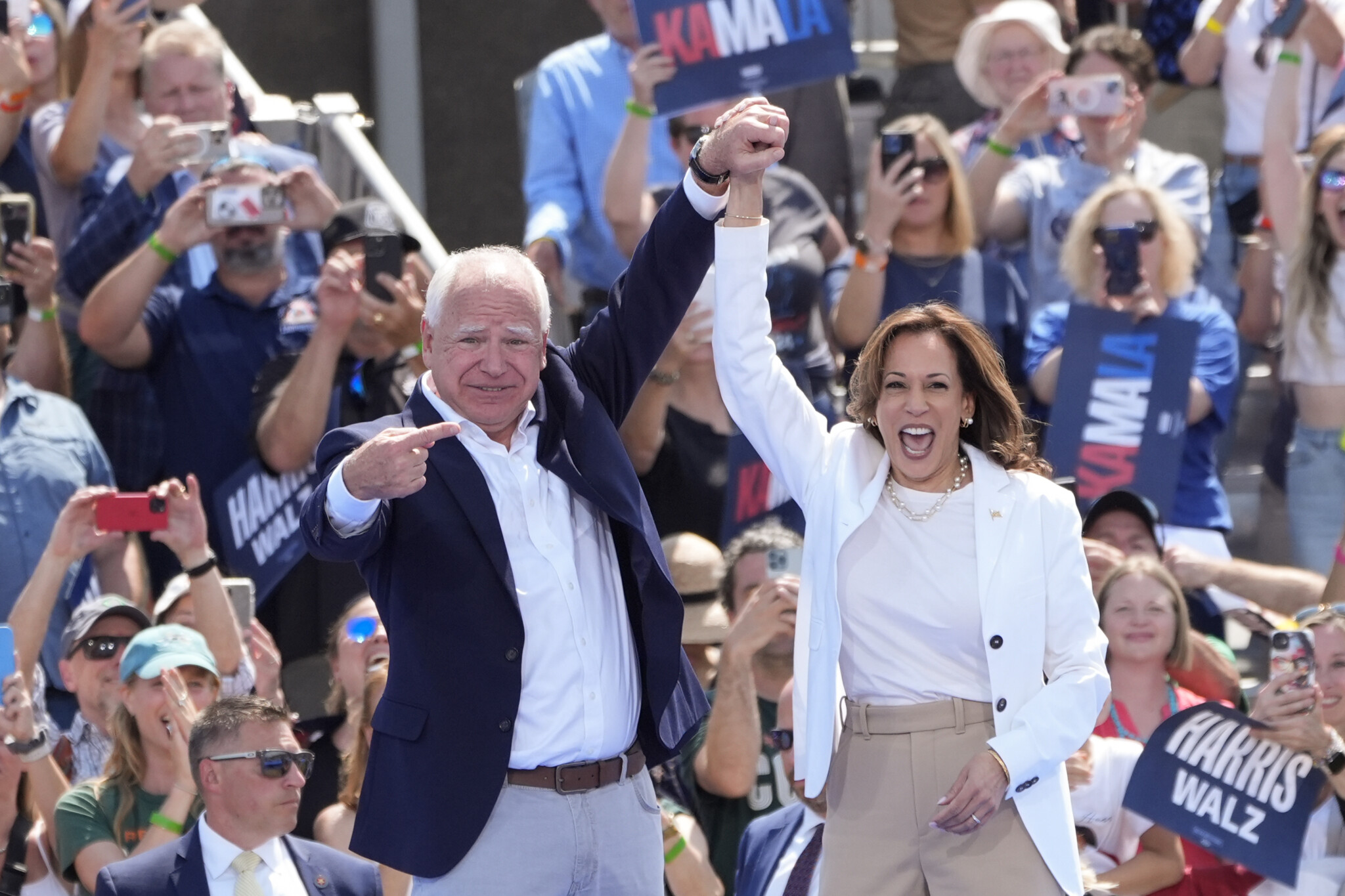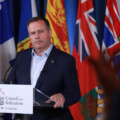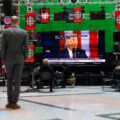A few weeks ago, economist Tyler Cowen wrote on his cult-favourite blog Marginal Revolution about “changes in vibes.” By this he meant that right-wing policy and politicians were on the ascendancy in advance of the upcoming American presidential election. His arguments were compelling and, unsurprisingly for an almost painfully analytical thinker, about a lot more than just vibes.
But as prescient as his post seemed at the time, it also seemed to stale-date quickly. Almost overnight, the momentum the Republicans had following President Biden’s atrocious debate performance and the attempted assassination of Donald Trump shifted, with Democratic nominee Kamala Harris over-performing expectations and her selection for vice president, Tim Walz, striking effective blows against Donald Trump and Republican vice-presidential nominee JD Vance.
Only a few weeks after he published his first blog, Cowen posted again, asking whether the vibes had in fact shifted back. And he’s right to argue that the conditions he’d previously enumerated for the ascendency of the American Right remain compelling. But he’s wrong about the vibes. Trump and the Republicans have lost their mojo, and until they understand why, they won’t be getting it back.
So much has been written now about the moment in a television interview when, before he was chosen to be Harris’ running mate, a loose, laid-back Walz described the Republicans as weird. But while it was a high-impact campaign moment, it seems to have been mostly misunderstood. Overwrought analysis and clumsy attempts to copy Walz’s move either mistake it for ideological vindication (“my policies are good, and other people’s policies are weird!”), or assume it’s a pivot to centrism (Walz is a folksy midwestern moderate!).
But the magic of the Walz “weird” moment, and the approach he and other Democrats have successfully applied to his Republican adversaries in the days following, isn’t working because the family policy espoused by his opponents is unpopular (in fact, the opposite is true), or because he and Harris have moderated themselves (they haven’t), it’s working because it achieves what the best kind of political framing must: it presents a clearly defined worldview and convincingly (and cheerily) asserts it to be utterly mainstream and normal.









